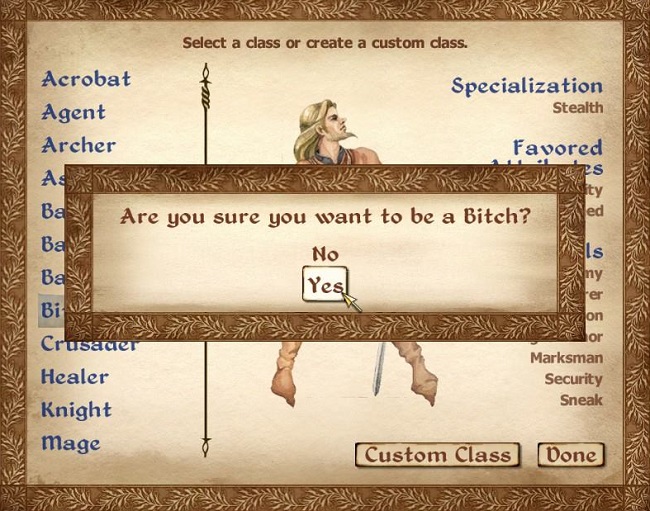Chaim Gingold over at the Expressive Intelligence Studio blog has posted a bit about a lecture that Cecil Brown delivered at UC- Santa Cruz entitled Games Blacks Love to Play. It is an interesting piece and a fascinating idea as a whole. Brown traces game play through 3 historical periods of African American presence in the United States. Now Brown is by trade a folklorist and what he says about game play in specific time periods. He offers games like “Old Man Hippety Hop [where] a mom must steal kids back from a slave master (Old Man Hippety Hop) with a limp. This game was adapted from Old Granny Hibble Hobble, a much older game in which the slave master is replaced with a witch (Old Granny Hibble Hobble)” and the existence of the topsy-turvy doll that was simultaneously African American and Caucasian during the antebellum period as proof that for Black Americans games and gameplay were definitely ripe for cultural critique as they were a direct reflection of a cultural moment.
Brown blows out the definition of game a bit when he talks about play in the time of a segregated United States. Instead of talking specifically about games (digital or otherwise). He draws parallels between Alan Dundes’s concept of the motifeme, a substitutable element in a story or game, and Janet Murray’s frame and slot mechanism from Hamlet on the Holodeck to bolster his argument that games, like folklore, are all about the elimination of lack. He argues that the lack is fulfilled by mastery with gamers and overcoming some kind of hurdle by the protagonist in a story. Interestingly enough he sees the game and the narrative as separate things. Games are just about mastering the mechanics and narratives are just about overcoming a hurdle of some sort.
I think that Brown is definitely on to something, but not (only) for Black folks but for gamers (and people) in general. Not only do gamers want to play games that speak to them in some way and/or give them some kind of relevant hurdle to overcome (think Call of Duty: Modern Warfare 3…who doesn’t want to save New York from terrorist infiltration after September 11th?). We get no small intellectual satisfaction garnered from knowing that your friends and family can sleep safely because of you, but beyond that both the game’s protagonist and the gamer as protagonist have significant hurdles to overcome. The gamer does not operate outside of the narrative, if she did the game wouldn’t be very successful and the game company would soon go the way of the game’s faceless, raceless terrorists. It is all about immersion. Immersion for gamers is something that goes beyond (for many folks, especially those who have grown up gaming) the immersion that we experience when reading. The tactile response of the controller, watching and hearing the effect that her actions with the controller have on the action on the screen. There is direct cause and effect for the gamer. This experience is a step beyond. The gamer as reader is also an actant. She is a part of the narrative as a watcher of the existing protagonist and simultaneously the protagonist herself. This is where video games call for an expansion of Brown’s theories on mastery and lack. It is a very meta- experience. An experience that I argue can’t be fully understood by someone who hasn’t been there. This goes back to my old pet peeve about folks writing about games that they haven’t played.
Don’t get me wrong, I don’t know that Brown isn’t a gamer or that he isn’t fully cognizant of the body of theory that surrounds video games and immersion. While he’s still pushing a lot of the wrong buttons for me I can definitely appreciate what he has added to the conversation and where it is that his addition allows me to go as a gamer and a games researcher. That being said I still cringe a bit at the thought that he is presenting this in a public forum where some may take his word as gospel and not see the implications or possibilities for more thorough and (ultimately) useful research and theorizing. There is more coming down the pipeline about Brown, motifeme, and the overcoming of lack from me, but right now I’m just taking pulling out my own little soapbox on the internets. Until next time friends.
Photo credit: Kate Lomax @ Filament Magazine




